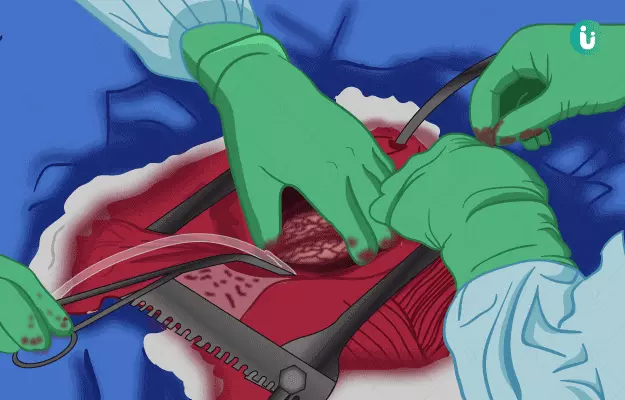Summary
Heart bypass surgery is a procedure, which is usually done in cases where there is a narrowing of one or more blood vessels that supply blood to the heart. This surgery is usually done by adding a part of another blood vessel as a graft that restores the blood flow. Through this, a new channel is created through which the blood travels. The graft is placed such that it bypasses the blockage of the blood vessel, hence the name heart bypass surgery.
Here is the complete detail about the ayurvedic treatment of heart disease.
Before surgery, a few tests might be advised to you to analyse your health status and ensure that you’re fit to undergo a surgery. Heart bypass surgery usually requires a few days of hospital stay after which you can go home. A few complications may arise during or after surgery, which depends on the severity of the blockage, other medical conditions that you have, your health status and so on. These include fever, infections at the site of surgery, heart rhythm problems, and in severe cases, stroke and sometimes death may also occur.
(Read More - What to eat for a stronger heart)






















